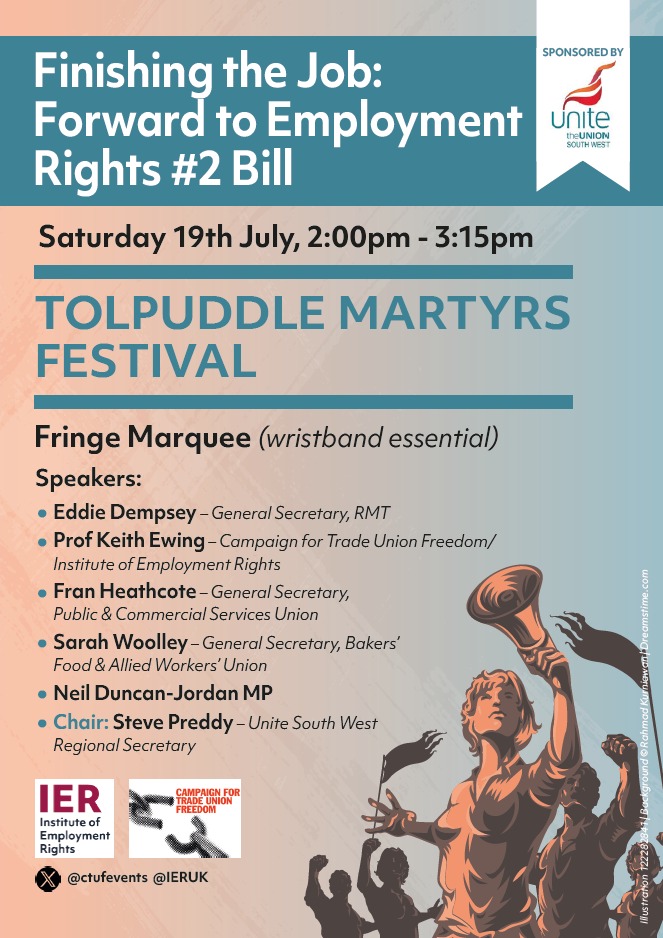A government’s austerity policy is usually multi-faceted, to the extent that it will have a number of policies running simultaneously, in parallel with each other.
It’s clear and very publicly visible that the Starmer Government has the welfare budget in its sights, to make the vulnerable and needy among us suffer even more with its swinging cuts, presumably to pay for the massive Trumpian increase in arms expenditure.
Starmer may have suffered a setback by having to withdraw most of the Personal Independent Payment proposals in the face of an unlikely backbench revolt but of course the withdrawal is only tactical, on the promise of a review and we’ll be back in the struggle next autumn.
The Government has shown no sign that it is prepared to remove the two child benefit cap, which prevents parents from claiming tax credit or universal credit for more than two children. A Tory policy that the “Labour” Government seems very happy to continue with.
Many benefit claimants are of course in work and often have to claim because of poor wages that are impossible to live on especially with a family to raise as well. The welfare budget in many cases subsidies employers’ low pay.
It’s the poor wages aspect of austerity and the government collusion in poor pay during the past 40 years plus of neo-liberalism that has not attracted so much attention in the media and amongst public attention.
Almost the first Act of the Thatcher Government in 1980 was to attack trade unions’ rights to organise, rights to bargain collectively and rights to strike. This line has been continued through the Major Government, the “New” Labour years, the May and Johnson period right up to Starmer as Prime Minister.
In tandem with deindustrialisation and neo-liberal hegemony the legislative attack on the unions has been insidious. The negative legal environment, taken with these other factors, has seen the number of union members halve in the past 40 years.
More importantly, under both Tory and Labour, there has been a deliberate suppression of union led collective bargaining. At the start of the 1980s well over 80% of those at work had their wages and other terms and conditions negotiated by a union, even if they were not members of a union. The union negotiated wage became the norm across the industry.
Today, the number of workers covered by a union negotiated collective agreement has suffered a precipitous decline, it’s now around 20% of the workforce. As a consequence, as Wilkinson and Pickett have shown, the collapse of collective bargaining is causally related to the diminished share of GDP going to wages and salaries. Workers are indeed getting poorer.
Labour in opposition promised much in its 2021 Green Paper New Deal for Working People including statutory support for sector wide collective bargaining and the repeal of the laws that made it almost impossible for unions to organise lawful strikes.
Unfortunately, during the transition from Green Paper to Employment Rights Bill these crucial aspects, the right to collective bargaining and the right to strike, that would have gone some way to restore trade union power at work have all but disappeared.
Join us on the fringe in Durham, be part of the call for an Employment Rights #2 Bill that would include the right to collective bargaining and the right to strike, essential parts of an anti-austerity strategy.
This article first appeared on the People’s Assembly website:




